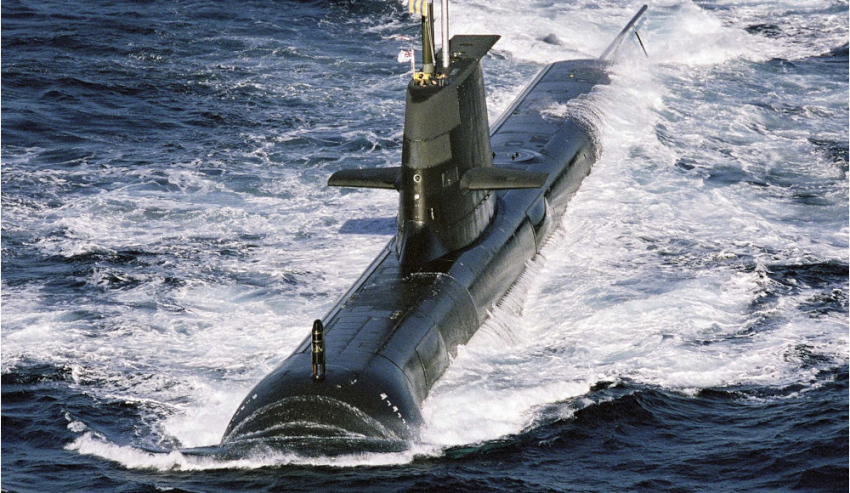An ongoing inquiry into the Commonwealth Procurement Framework has put the heat on past and future defence industry procurements.
The inquiry, chaired by South Australian Senator Nick Xenophon, is discussing the new Commonwealth Procurement Rules, which came into effect 1 March this year, with a range of stakeholders.
The revised rules require that goods and services comply with Australian standards, adhere to labour regulations, OH&S laws and environmental standards, meet Australia's international trade obligations and consider the economic benefit of the procurement to the Australian economy.
Xenophon said it was important to road test the Commonwealth Procurement Rules with industry and community.
"It is important that government procurement practices benefit the Australian community in terms of value for money and economic benefit, and that procurement decisions meet Australian laws and standards where they exist," Xenophon said.
"However, we need to effectively implement these new rules without introducing additional redtape that will create hardship, particularly for small and medium enterprises. By hearing first-hand from industry, community groups and unions we can identify possible problems relating to the effective implementation of these rules."
The South Australian Senator has been critical of defence procurements during the ongoing hearing, calling out the government's $89 billion Future Submarine and shipbuilding plans.
Xenophon tweeted, "At Procurement inquiry, Professionals Australia say 'negligent' to only have five in-house naval architects for $89 billion shipbuilding program."
Professionals Australia, a registered employee association, gave a submission at the hearing last week, recommending "greater guidance as to what constitutes value for money, and what broader economic benefits should be considered".
Defence is the Commonwealth's largest procurer gazetting contracts totaling $30,553.8 million in 2015-16, representing 53.7 per cent of the total of all Commonwealth contracts gazetted.
In a document submitted to the committee, the Department of Defence (DoD) said, "Active engagement with Australian industry is important to Defence as it plays a significant role in providing goods and services to the agency. Defence has a physical footprint across metropolitan, regional and remote locations, and generates a significant demand for a very wide range of goods and services."
The DoD is changing how it procures by implementing the First Principles Review and other reforms to enhance delivery of capability, along with other principles.
"Implementation of the new Capability Lifecycle and Smart Buyer principles are key initiatives to enhance industry engagement, relationships and commercial outcomes," the DoD said in its submission. "Defence’s commercial reforms are wide ranging and will support Defence to become a leaner Smart Buyer that better leverages industry and will strengthen commercial capability."
The DoD said that reducing cost of tendering "is a key focus" as it "recognises that participation in a procurement process imposes costs on both Defence and potential suppliers. Defence’s commercial reforms are focused on reducing these costs by ensuring procurement processes are commensurate with the scale, scope and risk of the activity. This approach aligns with the government’s commitment to reducing red tape and deregulation".
But the DoD has also said the new procurement rules have created implementation challenges for Defence and will directly effect defence tenderers.
"Defence engaged with the Department of Finance regarding its approach to implementation. However, the short timeframe for implementation created significant challenges to co-ordinate and undertake the review and amendment of the various elements of Defence’s procurement framework. Implementation of the new Commonwealth Procurement Rules is expected to add to the cost of procurement for Defence and the cost of tendering to industry," the DoD said.
"Tenderers will bear additional costs in having to provide extra information in relation to compliance with standards, relevant regulations and regulatory frameworks, and to identify economic benefit to the Australian economy."
Based on these findings, the DoD has recommended if any future reforms are proposed, it is important that industry and agencies are consulted regarding proposed changes to ensure they can be effectively applied and minimise any added costs.
"Sufficient time to enable agencies to develop and communicate policy, operational level guidance, tools, templates and training to facilitate implementation is also required," the DoD said.
"Furthermore, recognition of the cost of tendering to both the Commonwealth and industry should be a key consideration when developing and implementing changes noting these should be minimised."


